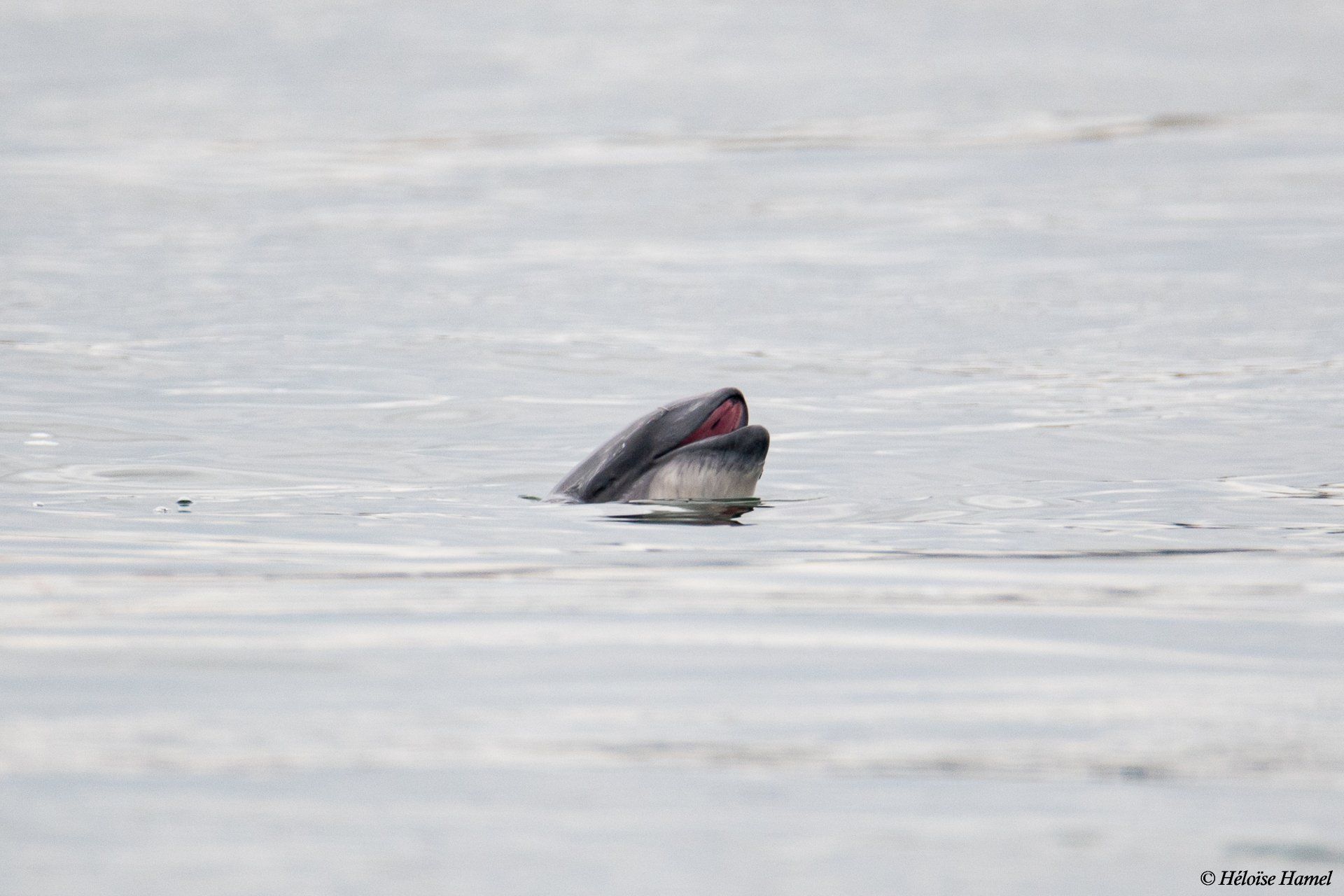One step in the right direction to protect the only whale in the Baltic Sea

The Baltic Proper harbour porpoise is critically endangered, and for decades, scientists and NGOs have been pushing to have effective conservation action taken to protect it and ensure its survival [1]. Today, finally, European Union legislation is put in place [2] to protect this population from bycatch in marine protected areas.
The Baltic Proper harbour porpoise, the only whale in the Baltic Sea, is sometimes called Europe’s vaquita, after the almost extinct population of Vaquita porpoise in the Gulf of California. The Baltic population of harbour porpoise has been declining since the mid 20th century and there are now only a few hundred individuals left. Bycatch in static fishing nets is one of the most acute threats, and with such a small population even one animal caught in a net is a huge loss and a threat to population survival.
In 2019, NGOs submitted a joint request [3] for emergency measures for the Baltic Proper harbour porpoise to the European Commission, and in May 2020 the International Council for the Exploration of the Sea, ICES, published scientific advice [4] on how to minimise harbour porpoise bycatch in the Baltic Sea. In line with the EU Common Fisheries Policy, this advice was discussed within the Baltic Sea regional fisheries body, BaltFish, and during 2020-2021 BaltFish submitted two joint recommendations [5] to the European Commission on measures to minimise bycatch of the Baltic porpoise. These joint recommendations were transcribed into a so-called delegated act [6] that is now approved by the European Parliament and will be implemented over the next few months.
The delegated act contains regulations on closures of static net fisheries in some important harbour porpoise protected areas, as well as use of pingers, acoustic deterrent devices, on fishing nets in some marine protected areas. While NGOs are very pleased to see these measures being implemented and consider them as a good starting point, it is important to remember that we are not done. The Baltic harbour porpoise must be protected in its entire range, and bycatch must be basically completely eliminated.
NOTES
[1] Scientific paper: “
Out of sight out of mind: How conservation is failing European Porpoises ” (2020).
[2] The EU Delegated Act (see Note n.6) as regards measures to reduce incidental catches of the resident population of the Baltic Proper harbour porpoise (Phocoena phocoena) in the Baltic Sea will officially enter into force after the publication in the Official Journal of the European Union (OJ).
[3]
NGOs request for emergency measures (2019) .
[4]
ICES scientific advice on bycatch (2020) .
[5]
The first BaltFish joint recommendation to the EU (2020) .
[6]
EU Delegated Act (2022) .
CCB's briefing on the EU delegated act 2022.

